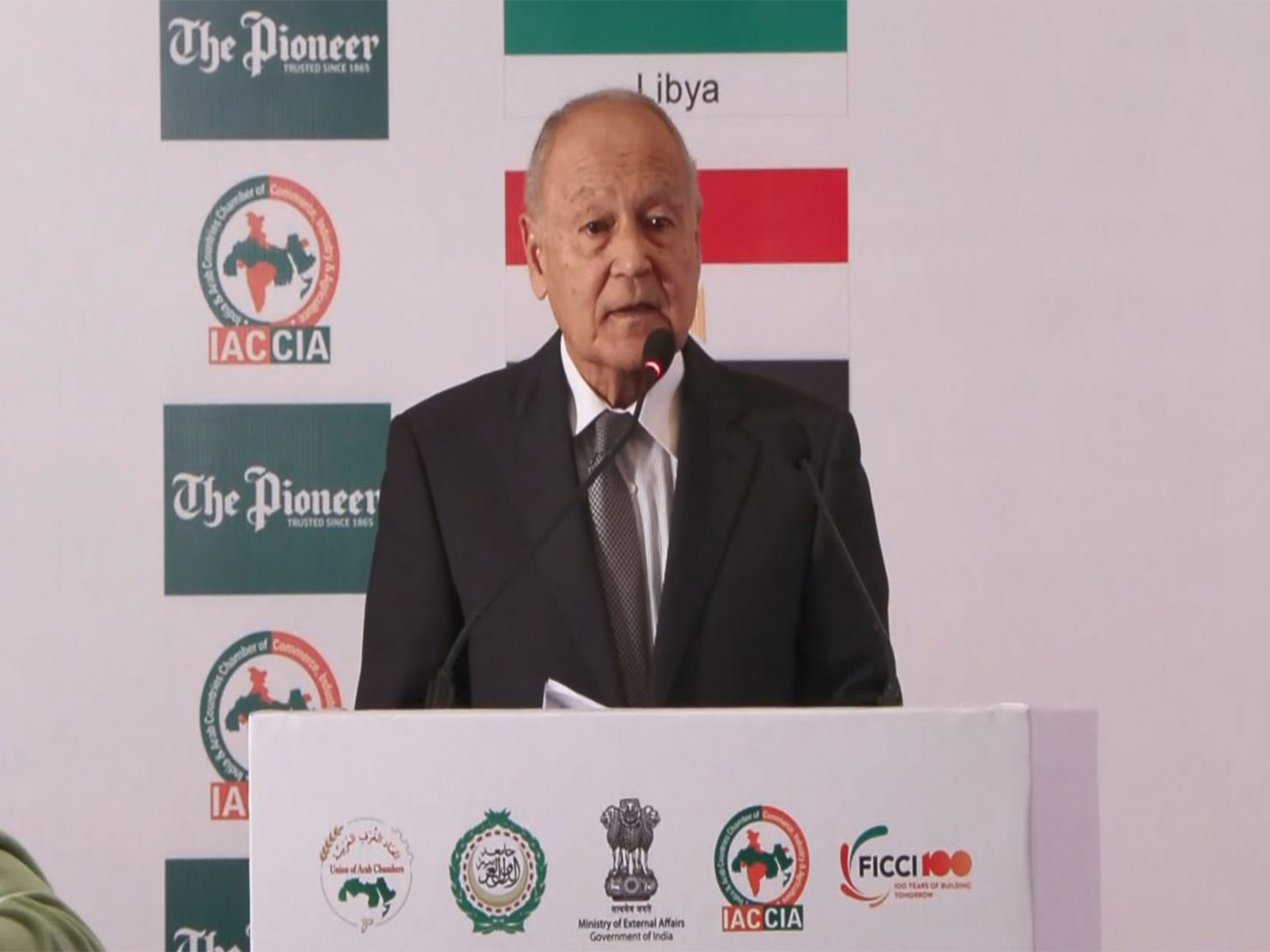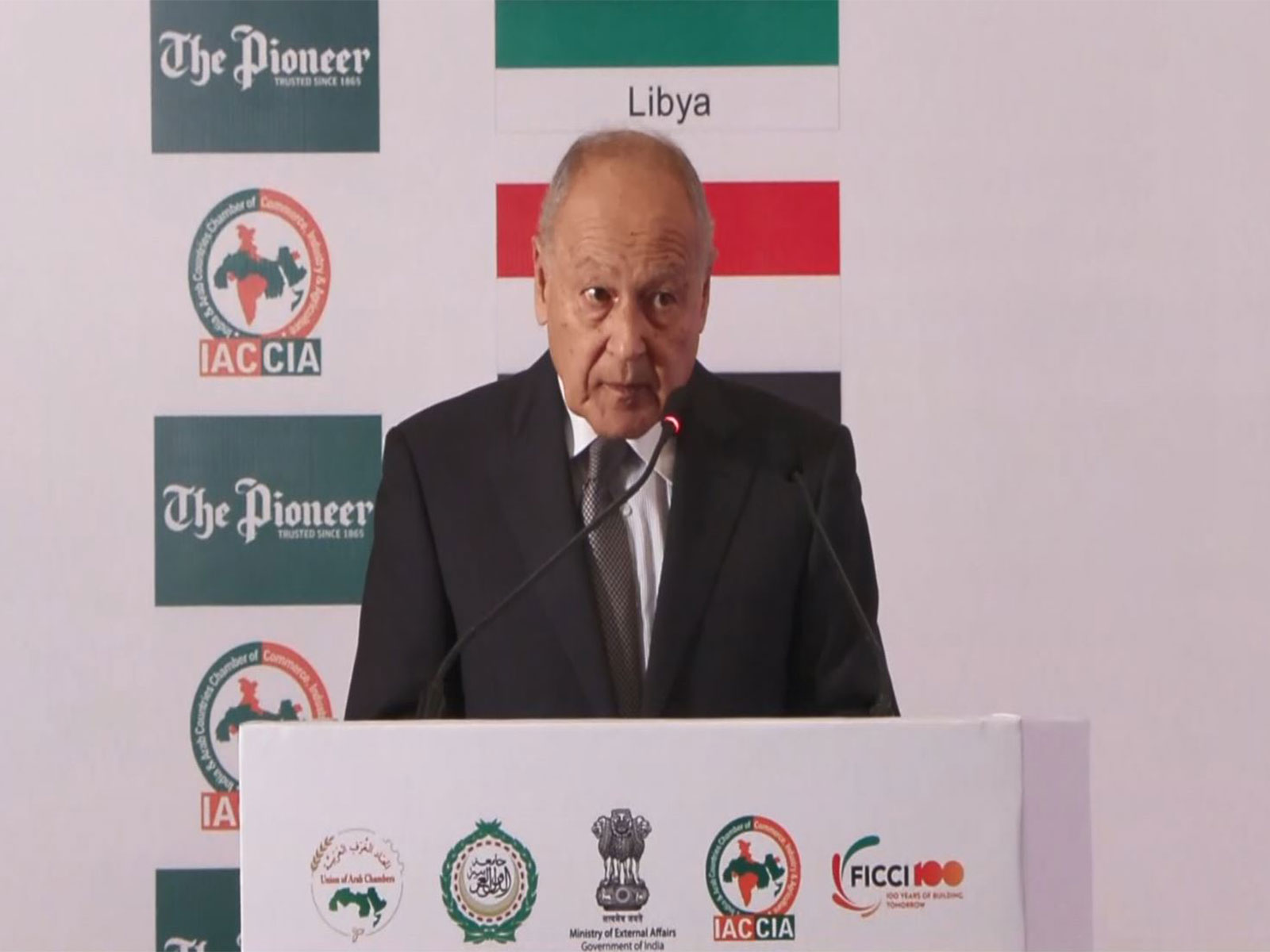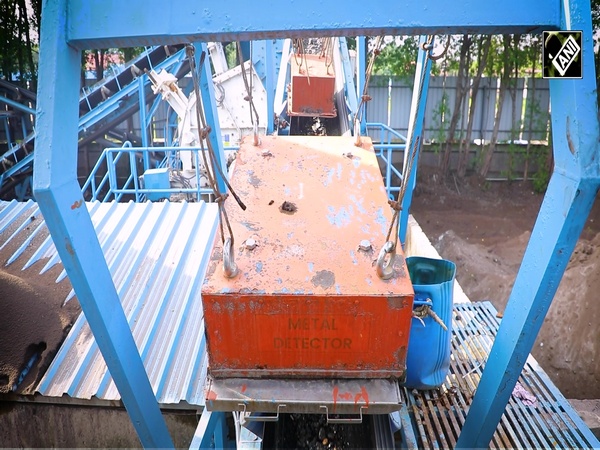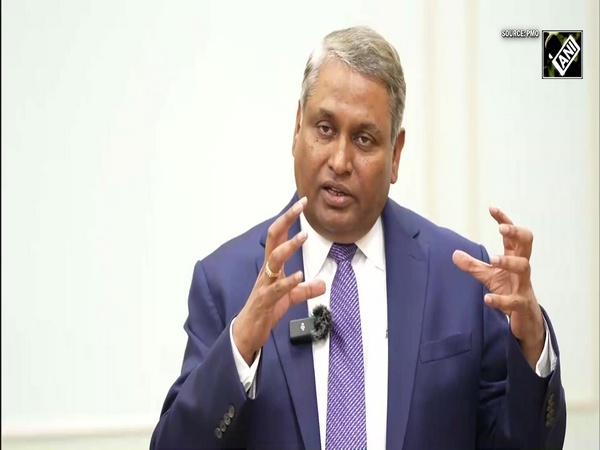Amid looming humanitarian crisis in Afghanistan, critical gains on education must be upheld: UN
Sep 10, 2021

Paris [France], September 10 : Sounding a warning on what is at stake for education in Afghanistan, UNESCO has said advances since 2001 must be upheld in the face of a looming humanitarian crisis.
In a statement issued on Friday, the UN agency said that the right to education for all learners, especially girls, must be upheld.
According to a new UNESCO report, the total number of enrolled students increased from around 1 million to 10 million learners; the number of teachers increased by 58 per cent, and the female literacy rate almost doubled from 17 per cent to 30 per cent.
As per the report, progress on female enrolment was particularly striking: the number of girls in primary school increased from almost zero in 2001 to 2.5 million in 2018. In 2021, 4 out of 10 students in primary education are girls. The number of girls in higher education increased from around 5,000 in 2001 to around 90,000 in 2018, the report said.
The UNESCO report entitled "The Right to Education: What is at stake in Afghanistan?" details the progress made at all levels of the system, and sets out the wide range of constitutional and legal commitments the country made to advance the right to education. "Since 2001, Afghanistan has ratified international normative instruments on education and women's rights and enshrined the right to education for all citizens in the Constitution, guaranteeing 9 years of compulsory education for all boys and girls," the report said.
Afghanistan's development and education challenges, however, remain colossal: the country remains among the poorest in the world and has one of the lowest Human Development Index scores.
The UN agency stated that half of primary school-aged children are not enrolled in school while 93 per cent of children at late primary are not proficient in reading. Both the COVID-19 pandemic and conflict have put additional strain on education development with millions of learners affected by the closure of schools and other educational institutions, said the report.
According to the UNESCO report, the number of internally displaced persons is projected to increase, heightening the risk of learning losses among children and "generational catastrophe" which will negatively affect the sustainable development of the country for years to come.
The report warns that the combination of the lack of female teachers, severe constraints in paying teachers' salaries, and the withdrawal of international aid could have immediate and serious consequences for the continuity of education. The country is heavily reliant on international aid, which accounts for half its education expenditure.
"If a ban on co-education is implemented, and on males teaching females, this will deal a huge blow to women's participation in higher education and to girls' education more broadly, negatively impacting their lives, work and citizenship," the report said.


















